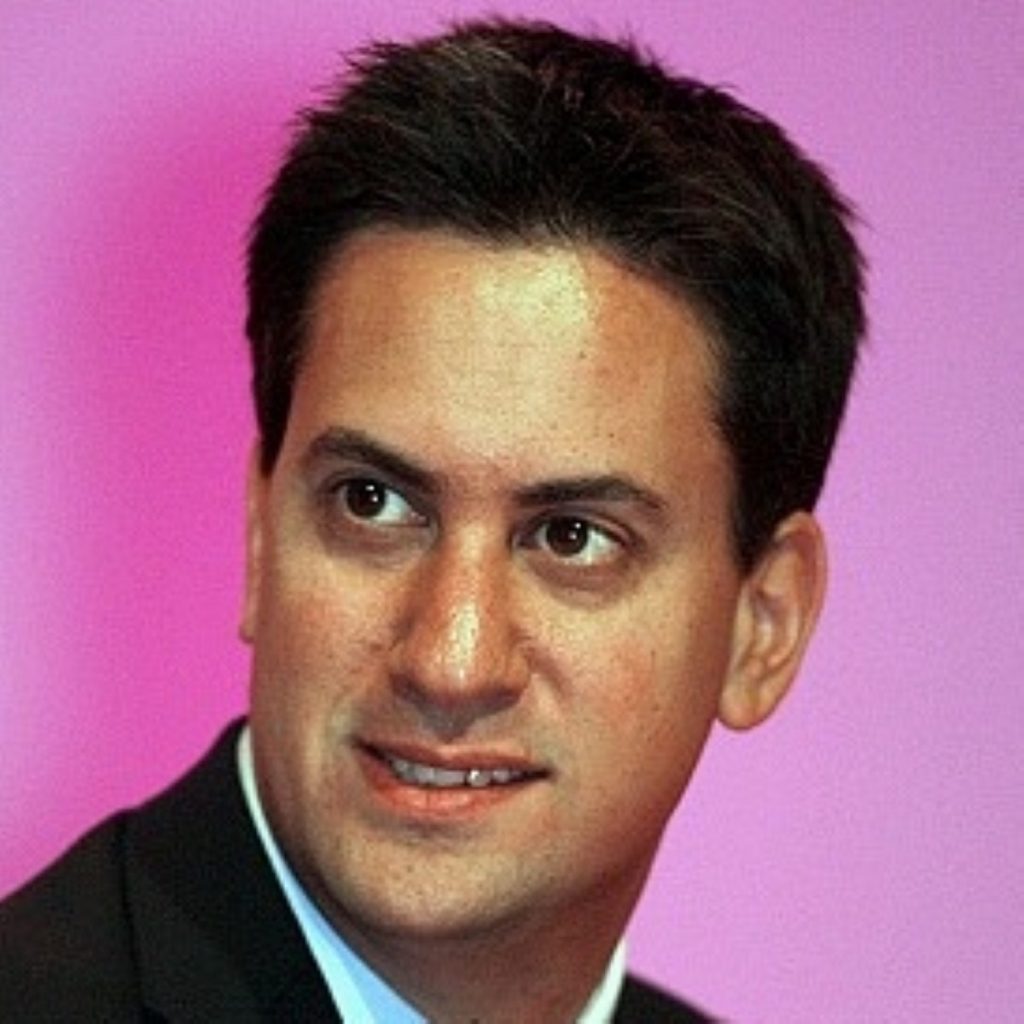Miliband: AV can kick the Tories out forever
By Ian Dunt
An AV electoral system would prevent the left splitting in election and keep the Tories out of power, Mr Miliband has said.
Speaking at a cross-party event with Lib Dems and Greens, Mr Miliband stood on stage with former Liberal Democrats leader Charlie Kennedy, Shirley Williams and Green party leader Caroline Lucas.
The Labour leader refused to appear with Nick Clegg, saying he was a liability to the campaign due to his unpopularity. But even his meeting with Mr Kennedy was problematic, after a previous event was cancelled due to reports of behind-the-scenes disagreements.
“For most of the last 80 years, there has been one Conservative party – and others competing with Labour for progressive votes,” Mr Miliband said.
“The results, over the years, speak for themselves. No wonder the Tories back the current system.
“They know Britain is not a fundamentally Conservative country. But with first past the post, they too often govern when progressive forces are divided.
“This Tory-led Government and its current alliance of power with the Liberal Democrats does not change my belief that there is a progressive majority in this country.”
He continued: ”The tragedy for progressive politics in Britain has been that division on the centre and left has handed a united right victory after victory.
“Britain deserves an electoral system that fairly reflects voters’ views.
“If there is a Conservative majority, they deserve the same right. But rule without a mandate, simply because the majority is divided, is unfair on voters.”
The majority of voters in Britain vote centre-left, but their votes are split between Labour and the Lib Dems and a variety of smaller parties. Right-of-centre votes go almost exclusively to the Conservatives, with some being siphoned off by Ukip.
Electoral analysts warn that a proportional representation (PR) system would throw the Tories out of power forever.
But even an AV system would prove complicated for the Tories, as many left-wing voters will put their chosen party for their first preference and then vote for Labour with their second preference vote.









